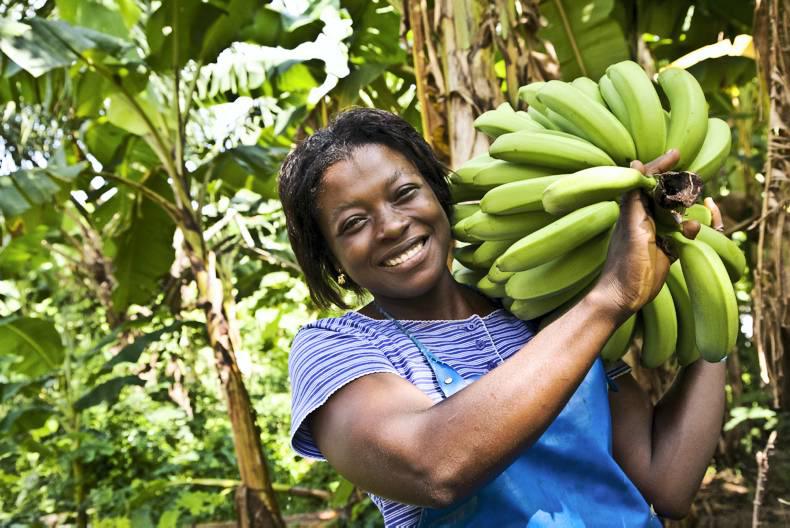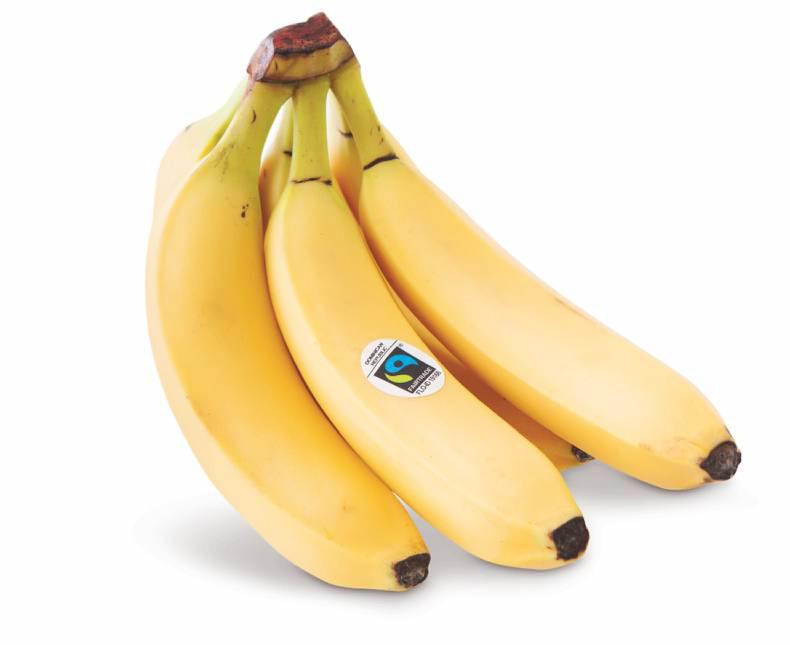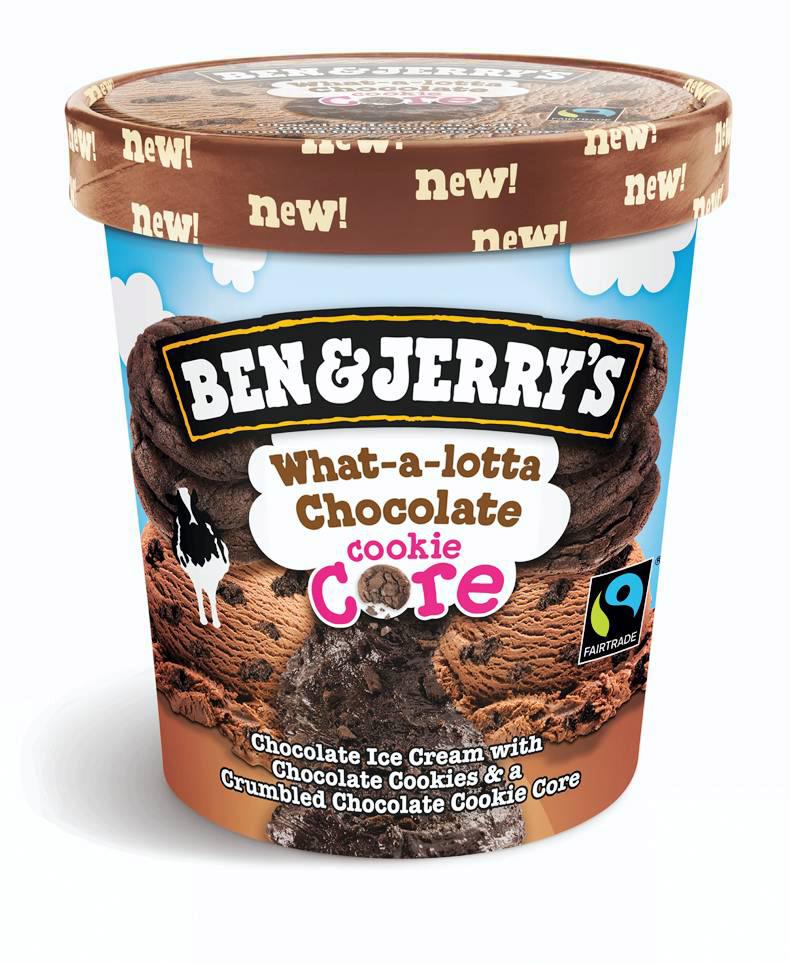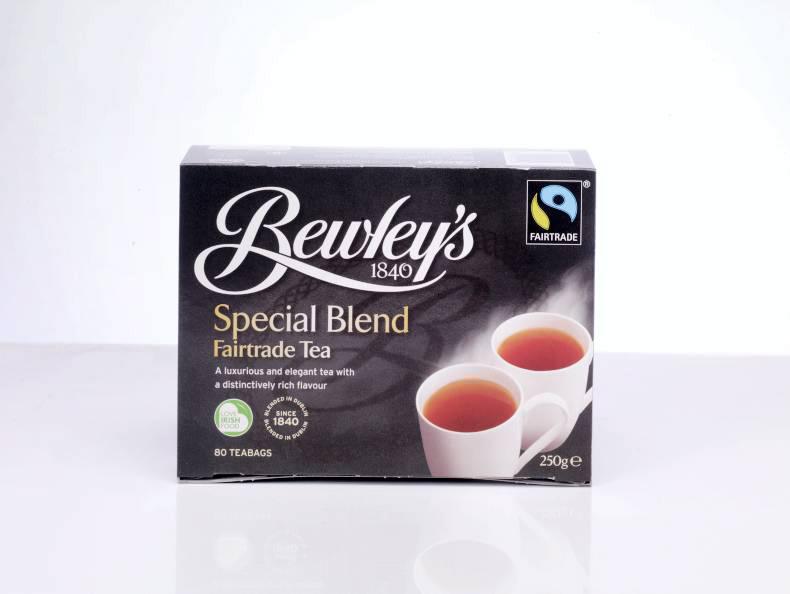Support farmers. That’s not an unusual request to read in Irish Country Living. But how far does that support really go? It definitely spreads from the tip of Donegal to the coast of Cork, but what about further afield?
If you’re buying bananas, are you thinking about Mable Matetsu, the lady in this picture who is working in Ghana? We’re right in the middle of Fairtrade Fortnight, which marks 20 years of Fairtrade products in Ireland, and supporting Fairtrade is a simple consumer decision that doesn’t have to cost you more.
The Difference a Mark Makes
So what difference does buying Fairtrade make? Irish Country Living speaks to Peter Gaynor, executive director of Fairtrade Ireland. “Supporting Fairtrade is like the guaranteed Irish symbol, only for developing country producers. It differs from conventional trade in that it puts people at the centre and delivers a better opportunity for developing country farmers and workers to benefit from trade, instead of being exploited by it.
“Fairtrade benefits farmers and workers in a number of ways. There are generally minimum prices that cover the cost of sustainable production and also an extra payment, or bonus, which farmers and workers themselves decide how to spend.
“Also, Fairtrade groups will often have more stable long-term relationships with buyers.” In fact, it reminds us of the establishment of co-ops in Ireland all throughout the last century.
Peter adds, “Some workers on Fairtrade plantations now report that they are receiving the equivalent of an extra month’s salary because of the extra premium from Fairtrade.
“Some small farmer co-operatives have as much as an extra US$1 million a year to spend on education and health care because they are selling most of what they produce on Fairtrade terms,” he explains.
Save Your Money
While supporting Fairtrade is benefitting farmers in developing countries, it can also benefit your pocket. Irish Country Living hit the supermarkets to see if you could save instead of spend when purchasing Fairtrade.
While you might have to do a bit of looking for the Fairtrade mark, we found that a jar of Fairtrade instant coffee in Aldi can be €2 cheaper than opting for the big brand name of Nescafé.
Also, if you opt for Fairtrade bananas in Aldi, not only are they organic, they cost you 27c per piece of fruit, compared to 30c per banana in Tesco.
Ben & Jerry’s ice-cream has been very vocal about their support of Fairtrade products and is currently transitioning all of their products globally to use Fairtrade ingredients. A tub is usually priced at €6.50, although they are on special offer at the moment in Tesco. Compare this to Häagen-Dazs, which will set you back €6.77.
Even when buying those roses for Mothers Day, you can support Fairtrade farmers, as each flower works out at 40c in Aldi versus 42c per rose (without the Fairtrade mark) in Lidl. However, if you are in Lidl, you can pick up a bottle of Fairtrade Merlot or Cabernet Sauvignon for just €6.79.
Rallying Retailers
You might be noticing a bit of a trend here. Aldi seems to be delivering that little extra for consumers when it comes to Fairtrade.
They are currently the only Irish retailer buying Fairtrade flowers from Ethiopia.
These are sourced from the Sher Project, which sits on 140ha and is able to provide a school, hospital and leisure facilities for the growing workforce and their families.
Lidl is also doing its bit. Even though they only have 9% of the total Irish retail market, they are selling over 40% of the total volume of Fairtrade bananas in Ireland.
It’s not just the retailers that need to play their part, however. Pat says, “The move in the last eight years for giant chocolate brands to convert to Fairtrade means every food shop in Ireland is stocking some Fairtrade-certified products.
“These brands include Cadbury Dairy Milk (plain), Mars Maltesers and Nestlé Kit Kat. The latest addition in chocolate is the iconic Mars bar where all cocoa is now being sourced on Fairtrade terms,” Pat says.
Tick Box Exercise
“Bewley’s has just announced they are going to source 100% of their own-brand fresh coffees on Fairtrade terms by the end of 2016. This is a huge increase of 50% on their current business.
“Other Irish businesses could do with following their example and stop treating Fairtrade as if it was a tick-box exercise. The Irish retailers in particular could do an enormous amount more if they were to use their purchasing power to support small farmers and workers in the same way,” says Pat.
So how do Irish consumers fare in their support of developing farmers? “Very well when they are given the opportunity to support it,” says Pat.
“We have one of the highest per-capita spends on Fairtrade anywhere in the world, but that is because Irish coffee companies like Bewley’s and Insomnia are making it easy for us to support it. The big retailers need to do the same.”











SHARING OPTIONS